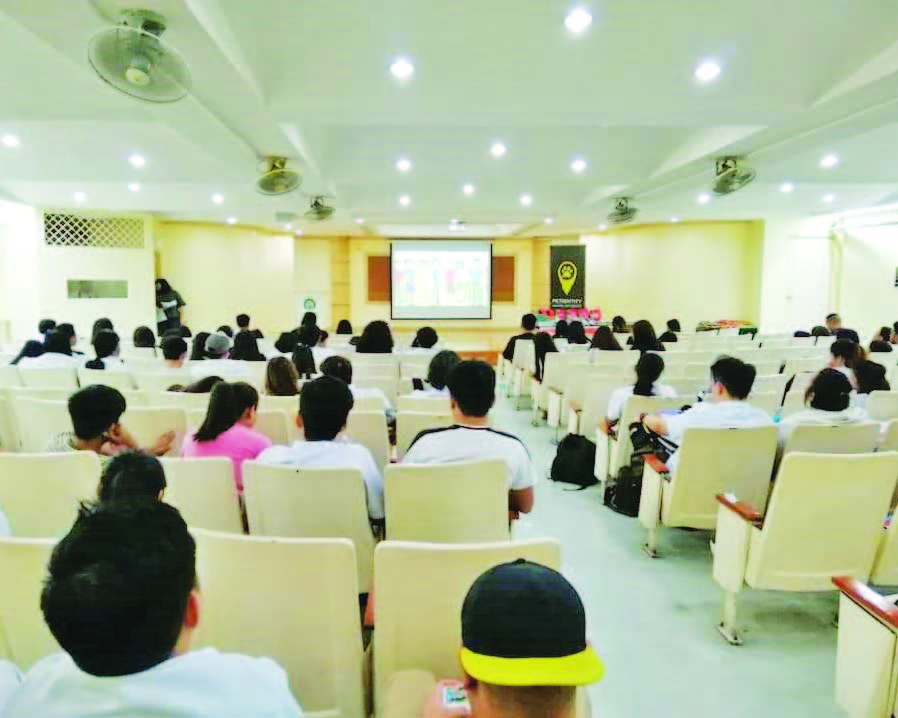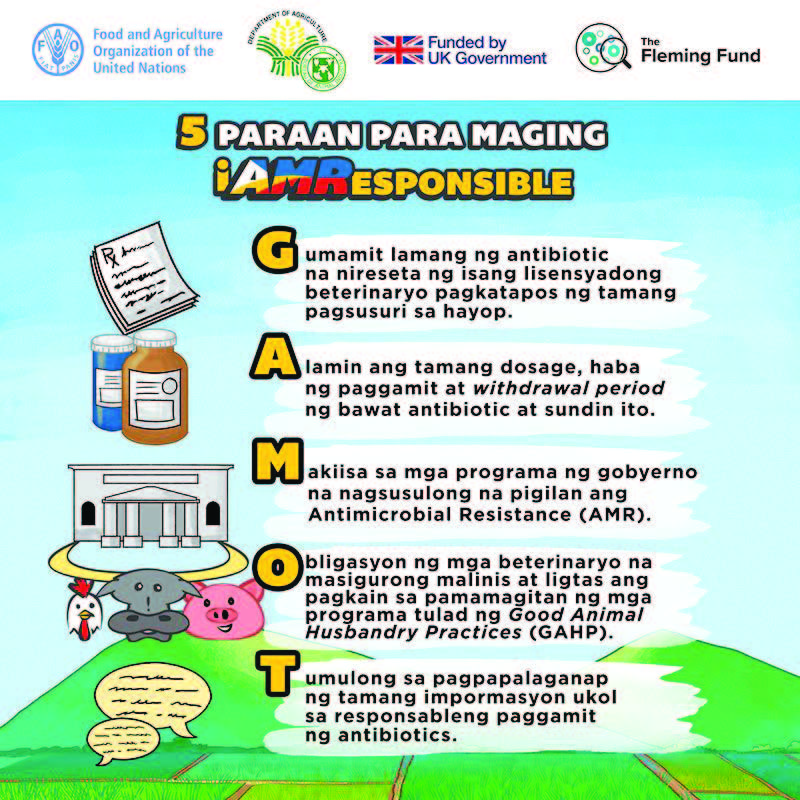In this digital age, most pet parents rely greatly on the internet for answers and information on anything related to animals.
On their Facebook walls, they would post questions addressed to other pet owners: “What could have caused these red patches on my dog’s skin?” or “Why are my cats vomiting?” Other times, they go to Google and other social media platforms to look for a more clinical viewpoint. After all, the internet is known to have all the answers.
Or does it?
Internet vs Veterinarians
As pet parents, it is important that we get all health information from reliable sources, especially since it is our animal companions’ lives at stake.

In 2012, a United States survey was conducted, evaluating the attitudes and behavior of pet owners when it comes to acquiring pet health information.
The results of the survey, which were published in the Journal of the Medical Library Association, showed that younger people tend to use the internet to check for information. However, all of them, though they vary on gender, age, and educational level, are most likely to search on the internet first and afterwards bring the information to their veterinarians to check for its accuracy.
This just goes to show that veterinarians, aside from providing the most correct and accurate advice, should also help their clients by directing them to the most reliable sources of pet health information online.
“Tayo, bilang mga beterinaryo, dapat ang magsabi kung ano ang dapat at hindi dapat gawin. Na dapat i-konsulta muna ang mga hayop before tayo mag-prescribe ng kahit anong antibiotic,” expressed Dr. Toni Rose Barroga when she recently spoke to veterinary students during a seminar at the De La Salle Araneta University, College of Veterinary Medicine and Agricultural Sciences. “We should be advocating good animal husbandry practices.”

Facing antimicrobial resistance
A new trend among pet owners is recently on the rise – self-medication of animal companions.
When humans medicate their animal companions on their own, they tend to give them antibiotics as an all-purpose cure regardless of what the illness might be. However, veterinarians warn that this is not good practice and may lead to worsen conditions.
If animals get used to antibiotics, they will slowly experience what is called antimicrobial resistance.
According to the World Health Organization (WHO), antimicrobial resistance (AMR) is the ability of bacteria, viruses, and other parasites to stop antimicrobial drugs (such as antibiotics, antivirals, and antimalarials) from working.
“Simply put, [AMR] is the overuse and misuse of antimicrobial drugs [that] can lead to resistance,” explained Dr. Samuel Joseph Castro during an interview with Animal Scene. “The microbes that can cause the disease can develop resistance overtime [because of constant usage],” he added.
WHO reported that AMR is a global concern, because there are new resistance mechanisms that continue to emerge everyday and spread globally, thus, threatening veterinarians’ ability to treat the infectious diseases that could lead to a prolonged illnesses, disability, or even death.
Need for action
The Department of Agriculture (DA), along with a group of veterinarians, are campaigning about AMR through “iAMResponsible,” which targets various stakeholders and veterinary students, who are also going to be the future veterinarians and stakeholders of the country.

In collaboration with the Food and Agriculture Organization (FAO) of the United Nations, funded by the UK Government and The Fleming Fund, DA started the campaign back in 2018 in hopes of spreading awareness about AMR.
One of their information campaigns for AMR is G.A.M.O.T. Meanwhile, WHO is currently working closely with FAO and the World Organization for Animal Health to provide assistance in different countries to promote the best practices that could avoid the spreading of antibiotic resistance.
This appeared in Animal Scene magazine’s August 2019 issue.
Related stories:
– Vets warn about the dangers of Himalayan salt lamps to felines
– Vets built wheelchair for turtle who lost both his back legs
– Vets nurture lost baby dugong in Southern Thailand




